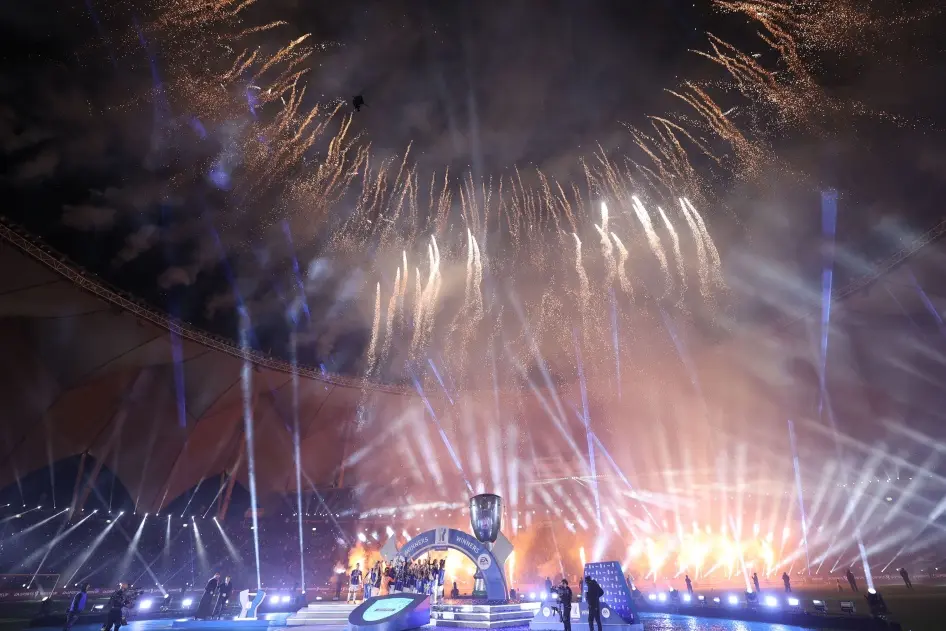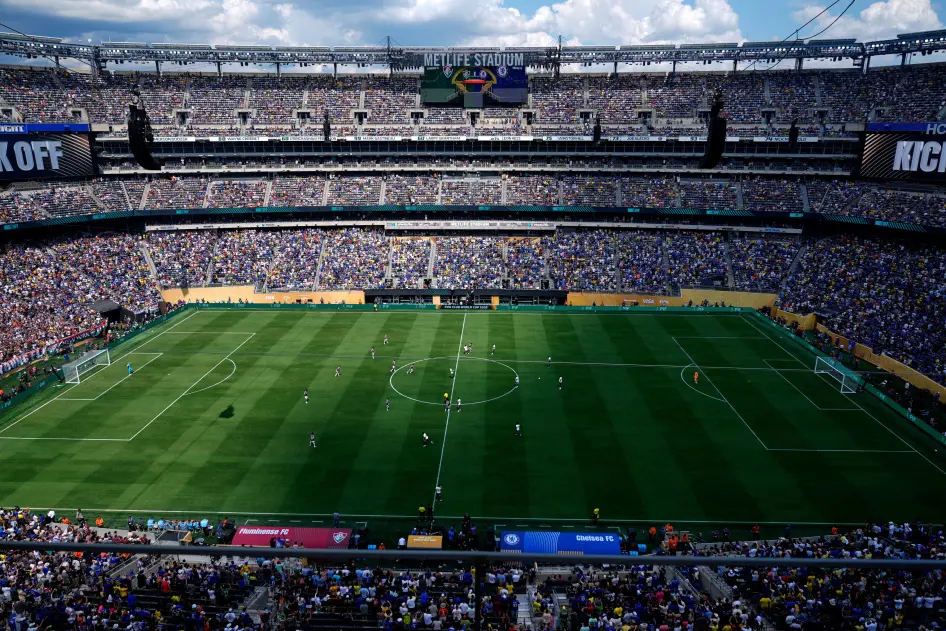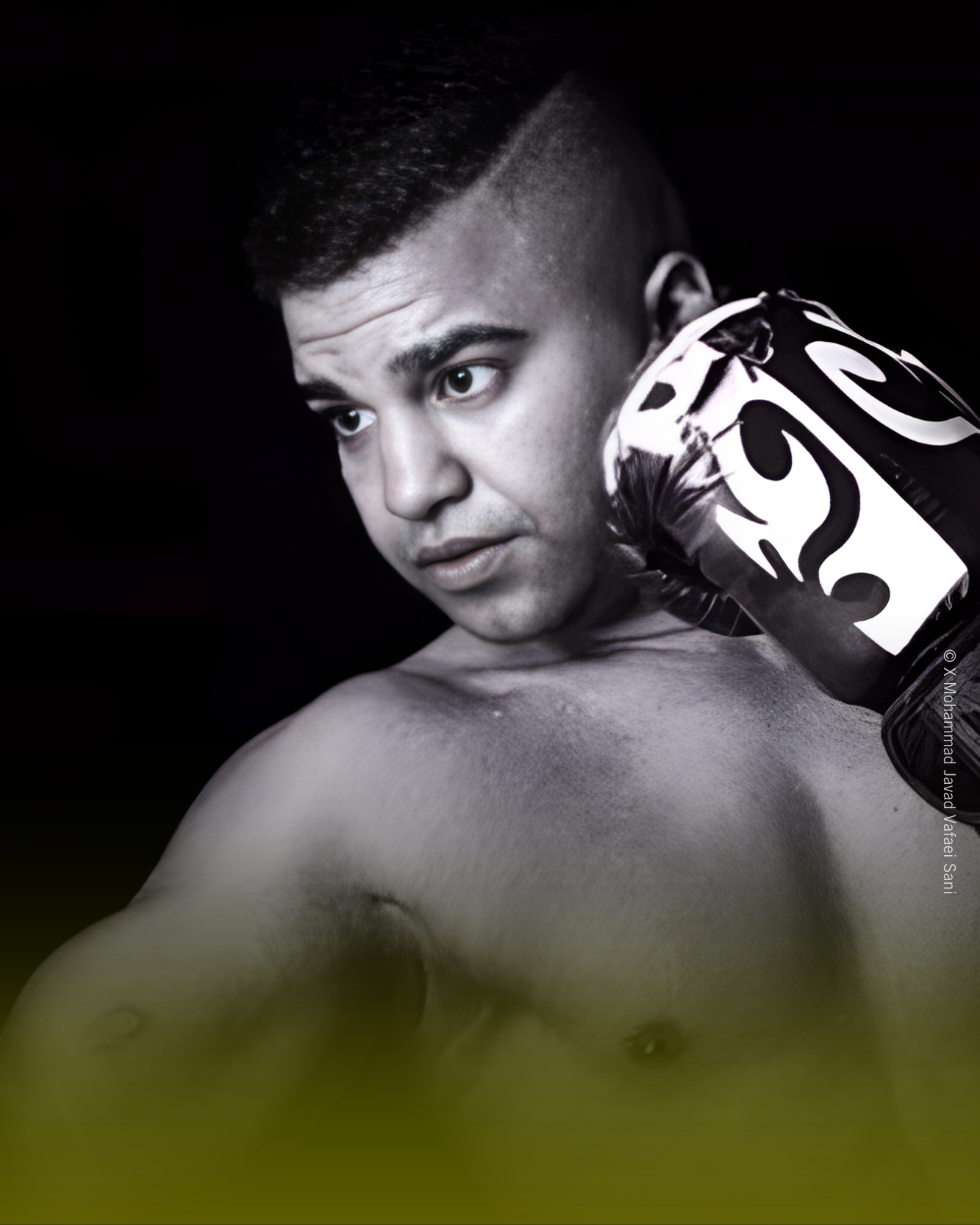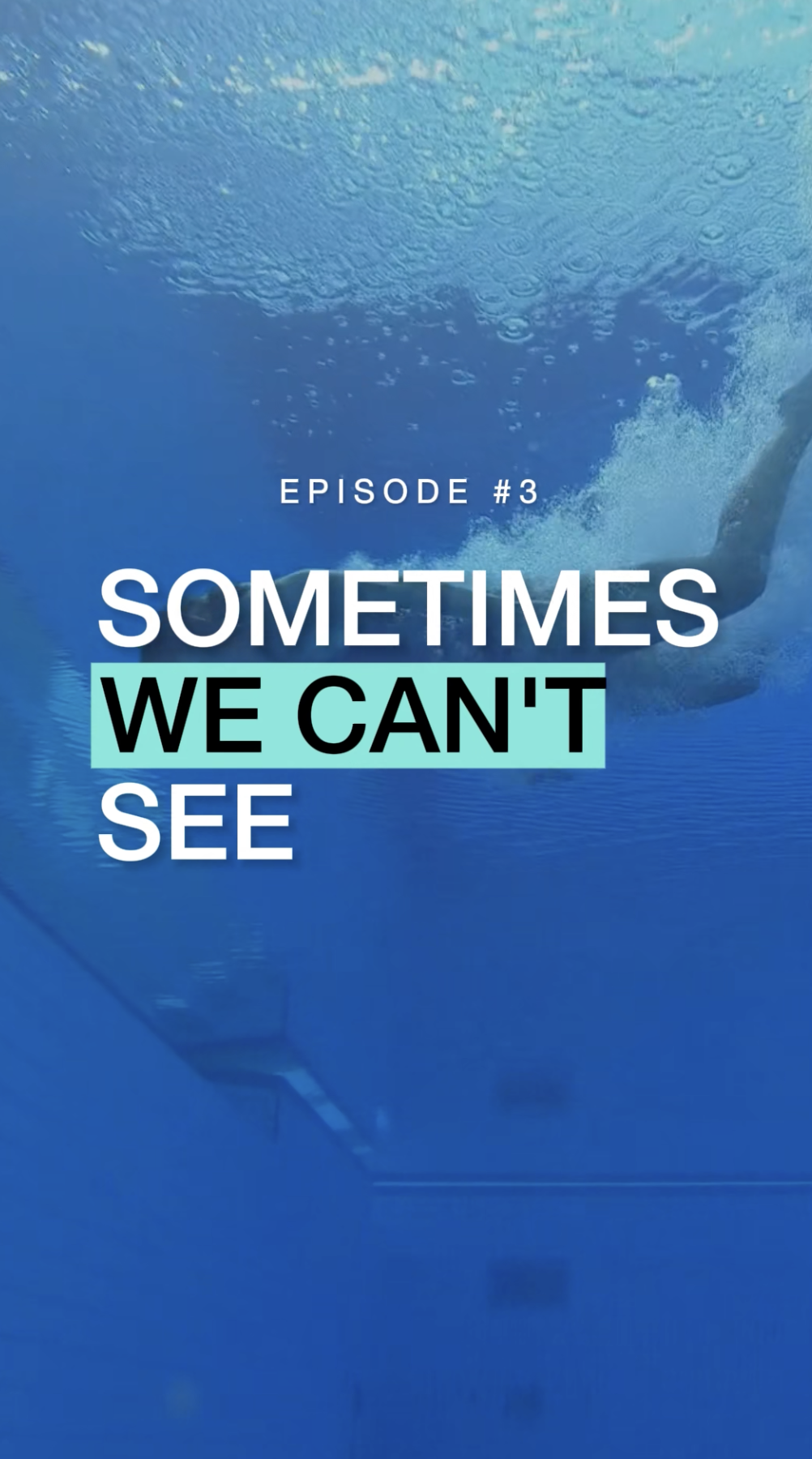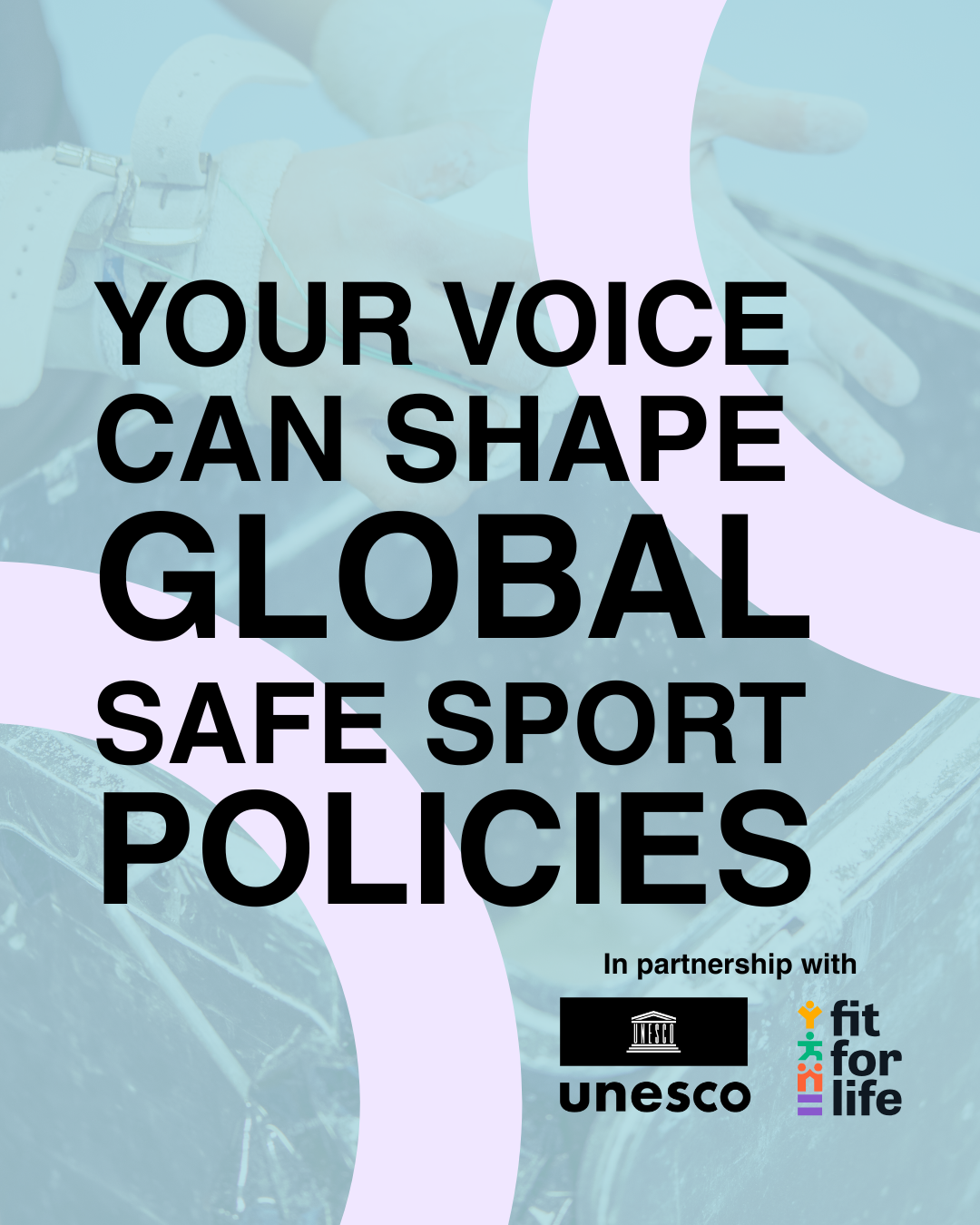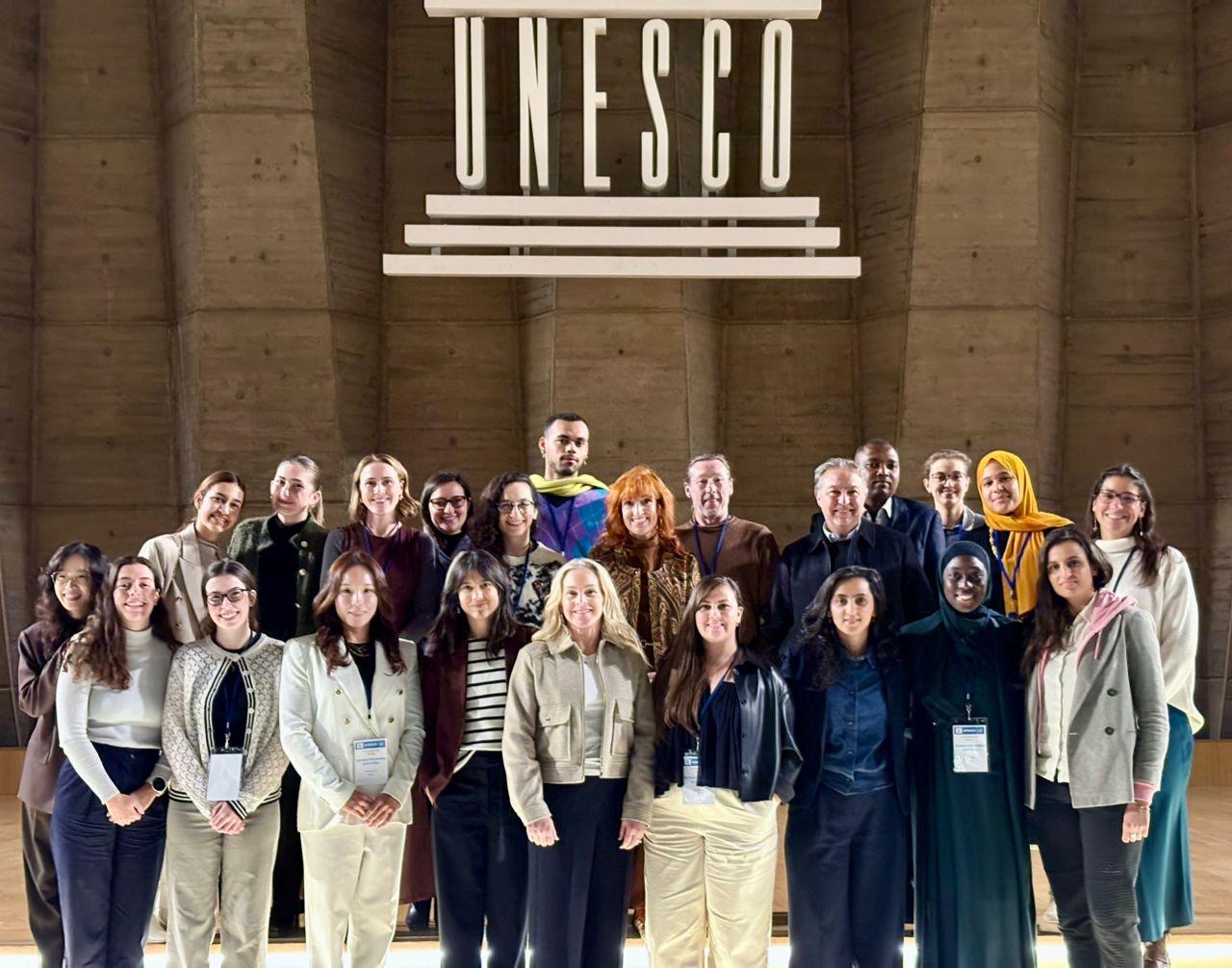Italian, Spanish Super Cups Played in Riyadh to Divert Attention From Abuses
Forget Jamal Khashoggi, the journalist brutally murdered in a Saudi consulate, and all his colleagues jailed, censored or harassed in Saudi Arabia; don’t think about women’s and LGBT rights in the kingdom; and ignore the mass killings of migrants along the Saudi border with Yemen. Look, there, Saudi Arabia is hosting the Super Cup, Inter Milan, Real Madrid! It’s the country of Cristiano Ronaldo and Neymar, not repression and rampant human rights abuses.
This is how “sportswashing” works: laundering a government’s reputation by hosting major sport events that attract widespread, positive media attention, while diverting it away from the hosts abuses. Saudi Arabia has been doing that for years and intends to continue doing so.
The country recently hosted the men’s Spanish football Super Cup, despite warnings to LGBT and other visiting supporters from a participating team, and it is about to host the Italian equivalent. These are just two examples among the many sporting and nonsporting events that Saudi Arabia is hosting as part of its “Vision 2030”, a multi-billion program backed by Saudi crown prince Mohammed Bin Salman aimed at diversifying the country’s economy and rehabilitating its image.
In May, Saudi human rights defenders, activists, and intellectuals issued “A People’s Vision for Reform in Saudi Arabia”, a document articulating a series of principles and reforms that should serve as the foundation of a rights-respecting Saudi Arabia. Their requests included the release of all political prisoners, the respect of the rights to freedom of expression and of association, upholding the rights of women, migrants, and religious minorities, the abolition of torture and death penalty, a reform of the justice system, and a redistribution of the country’s wealth.
But instead of complying with their human rights obligations and starting a dialogue with civil society actors, Saudi authorities have repressed every form of dissent, and chosen instead to invest in campaigns and events that whitewash or sportswash their reputation. Having already secured the rights to host EXPO 2030 and the 2034 Asian Games, the Saudi government may soon secure the rights to host the 2034 men’s football world cup and – astonishingly, considering the country’s treatment of women – the 2035 women’s world cup.
Swamped with debt, European football risks making itself a well-paid puppet of the Saudi propaganda machine, strengthening the government’s perception that its place on the world stage will not be threatened by its flagrant human rights abuses – as long as it continues to invest in events that distract us from them.
But hey, nevermind, the match is about to start!
